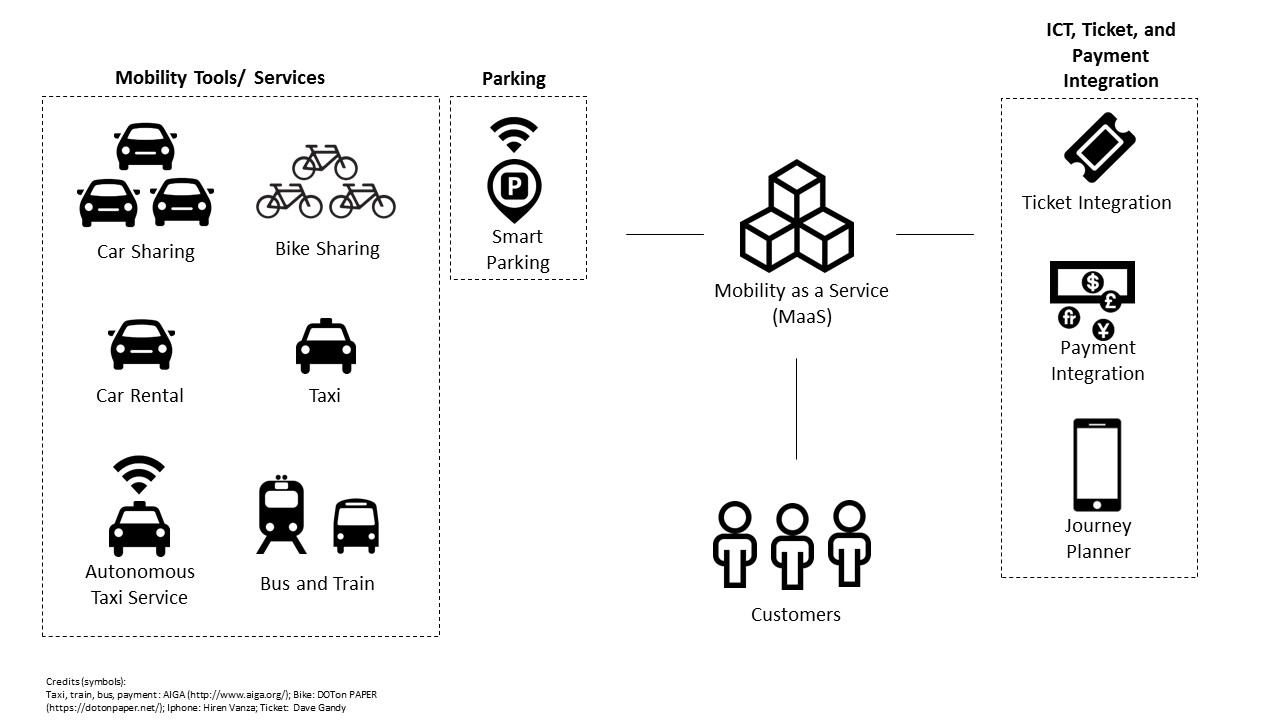Mobility as a Service
ISTP’s research on MaaS seeks to contribute to a better understanding of the potential effect of MaaS on the wider transport system.

Mobility as a service (MaaS) describes the practice of bundling personal mobility services in the passenger transport market into a single seamlessly coherent service. Mobility services are offered on a digital platform and provided making use of a journey planner or mobility assistant with a single mode of payment and a single ticket.
The team
-

Sergio Guidon -

Michael Wicki
MaaS promises to render multimodal trips and their provision more efficient and is thus expected to decrease transaction costs between mobility providers and consumers. A mobility assistant that analyzes long-term travel behavior could add additional value by providing individuals with suggestions to optimize their journeys and by taking consumers’ personal goals into account (e.g. cost reduction, a pre-specified distance by foot or bicycle per week etc.).

In MaaS offers with public transport as a core, efficiency gains could lead to an increased market share of public transport and a decrease of car ownership. The associated environmental benefits (through fewer vehicle-miles travelled) are in the interest of the public sector that seeks to decrease the environmental burden of the transport system – the topic is therefore highly policy relevant. However, MaaS requires a high level of organization and coordination among several mobility providers (that might be in competition with each other). Efficiency gains and the potential added value of MaaS therefore have to clearly outweigh coordination costs.
You can read more about the Methods used to address our research questions.